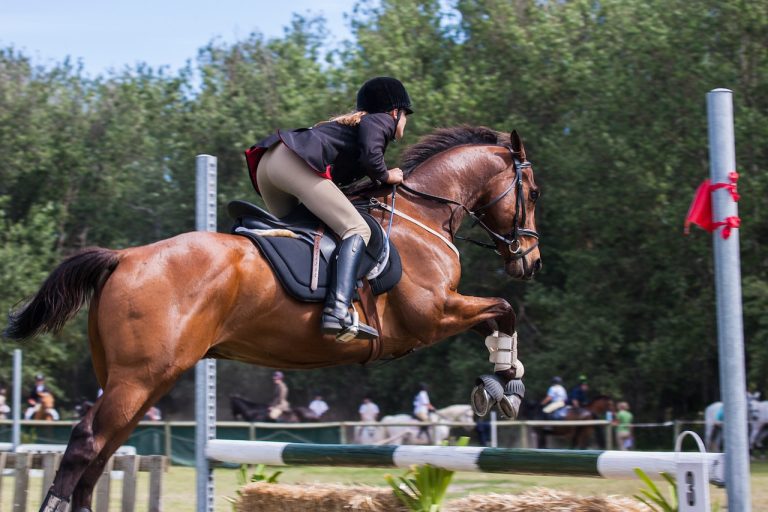Buying a new horse is an exciting and rewarding experience, but it also requires careful consideration and planning. Whether you’re looking for a companion, a show jumper, or a trail riding partner, choosing the right horse is essential for a successful and fulfilling partnership. This blog post outlines ten important steps you should take to make an informed decision when buying a new horse. From establishing your goals and budget to evaluating the horse’s health and temperament, these guidelines will help ensure that you find the perfect match for you and your equine friend.
Table of Contents
Determine your goals and objectives:
Before starting your search for a new horse, it’s crucial to determine your goals and objectives. Consider the type of riding you want to do, the level of experience you have, and the time you’re willing to commit to training and care. Knowing what you’re looking for will help you make a well-informed decision and find a horse that’s suited to your needs and abilities.
Set a realistic budget:
When setting your budget, consider not only the initial purchase price but also the ongoing expenses associated with horse ownership, such as board, feed, veterinary care, and farrier services. Be prepared for unexpected costs, and don’t forget to factor in the price of tack, equipment, and transportation.
Research breeds and disciplines:
Each horse breed has unique characteristics, strengths, and weaknesses. Research various breeds and their suitability for your preferred discipline, keeping in mind that individual horses within a breed can vary greatly. Don’t limit yourself to one specific breed; be open to considering any horse that meets your criteria.
Seek professional advice:
An experienced horse person or trainer can provide invaluable guidance in your search for the perfect horse. They can help you assess potential candidates and offer advice on training, management, and care. Involving a professional in your decision-making process can save you time, money, and heartache in the long run.
Network and search for potential horses:
Start by asking friends, trainers, and local stables for recommendations. Attend horse shows, clinics, and auctions to see a variety of horses in action. Utilize online resources and marketplaces of horses for sale, such as classified ads, social media groups, and equine forums, to expand your search.
Evaluate the horse’s conformation:
A horse’s conformation, or physical structure, plays a significant role in its athleticism, soundness, and ability to perform specific tasks. Look for a balanced, well-proportioned horse with correct angles and strong, clean legs. Keep in mind that no horse is perfect, but certain conformation flaws can lead to performance limitations or health issues.
Assess the horse’s temperament and personality:
A horse’s temperament and personality should be compatible with your own. Spend time with potential candidates to gauge their disposition, attitude, and willingness to work. Observe how the horse behaves when ridden, handled, and groomed. A good match in temperament is crucial for a successful partnership.
Arrange a pre-purchase veterinary exam:
A pre-purchase veterinary exam is essential to identify any existing health issues or potential problems that may impact the horse’s future performance and well-being. Discuss your goals and expectations with the veterinarian so they can tailor the examination accordingly. This investment can save you from unexpected expenses and heartache down the road.
Consider the horse’s history and training:
Gather as much information as possible about the horse’s history, including previous owners, training, competition experience, and any known health or behavioral issues. Speak with the current owner or trainer about the horse’s strengths, weaknesses, and quirks. This background information will help you determine if the horse is suitable for your needs and expectations.
Make an informed decision:
After thoroughly evaluating potential horses, considering professional advice, and conducting a pre-purchase exam, it’s time to make your decision. Weigh the pros and cons of each candidate, keeping in mind your goals, budget, and personal preferences. Trust your instincts and remember that it’s essential to find the right fit for both you and the horse.
Conclusion:
Buying a new horse is a significant investment in time, money, and emotion, so it’s essential to approach the process with care and consideration. By following these ten steps, you’ll be well-prepared to find the perfect equine partner that aligns with your goals, budget, and lifestyle. With the right horse by your side, you’ll be ready to embark on a rewarding journey full of adventures, growth, and unforgettable experiences.

